Exploring The Unexplained Death Of The Steve Jobs Of AI - Suchir Balaji
The November 26th Death Intertwines With The AI Lawsuit By The New York Times Against Open AI
The Steve Jobs of AI, Suchir Balaji, died in an unlikely suicide on November 26th, less than a month ago, after taking a happy and engaging vacation with friends, his mother told me last night.
Journalist George Webb at 200 Buchannon in San Francisco, the home of the apartment of Suchir Balaji. Balaji was named as a witness in the Tremblay lawsuit the day before his death.
Almost a week later, The Daily Mail validated and verified our earlier reporting.
Suchir had gone to Los Angeles with friends to celebrate his birthday on November 21st and returned to his apartment in San Francisco in good spirits. He spoke to his family hours before his death and again was in good spirits.
I have not identified any friends in the picture, but I believe they are friends from his college Berkeley days.
https://suchir.net
Suchir Balaji’s web page.
I have group pictures later in this piece as well, and any help identifying the other individuals would be greatly helpful. Suchir Balaji’s death has been the subject of an Elon Musk tweet a few days ago, but no substantive investigation has been done into the facts surrounding the suspicious death.
In my four decades in Silicon Valley and eight years in Citizen Journalism, I have never seen such radio silence in news coverage for such an important figure in the technology that is currently rewriting all our futures.
Elon Musk tweeted out Suchir Balaji’s picture with the comment “Hmmm”, which helped tremendously give attention to the story.
I appreciate Elon Musk making his 206 million followers aware of this story. But he is involved in litigation with Open AI.
Continuing with the investigation, I went to the Medical Examiner’s Office yesterday here in San Francisco in an effort to get the autopsy for Suchir to begin the digging.
OpenAI has arranged for a fast stock buyout since we began our investigation with Japan’s SoftBank.
https://fortune.com/2024/12/17/hundreds-openai-employees-10-million-payday-softbank-stock-tender-offer-details/
There also have been many high level defections of Open AI in recent months.
Balaji’s mother saw the video and got in contact with me.
She explained she was not allowed to see the body, which she did not fully understand, and the family was pressed to approve the cremation of Suchir’s remains, which did occur.
I have been canvassing Open AI for the past week in search of additional witnesses to the facts.
Suchir’s mother was made aware of the autopsy process from the video, and they ordered an autopsy yesterday. I was very aware of the autopsy request process from the suspicious death of my research partner, ex-cop Jenny Moore, in August of 2018.
I gingerly asked the mother if she was aware of any of the rumors and leaks swirling around the preliminary autopsy, which suggested trauma in many different places in Suchir’s body, and she said she had not been informed of any trauma.
I informed Poornima, the mother, that I would cautiously run down the leaks, but I ensured she wanted to know these details before I proceeded. Suchir’s death, coming so quickly after he gave an expose to the New York Times in October of this year, has raised suspicion all over the world in a company at the center of the AI maelstrom.
Suchir Balaji did all the groundbreaking work in pre-training the ChatGPT AI engine and also the post-training needed for more accurate results. Suchir’s death is roughly equivalent to the death of Steve Wozniak after Steve Jobs announced the Apple II.
Intertwined with Suchir Balaji’s suspicious, unexplained death are the lawsuits against OpenAI here in the Northern District of California for theft of intellectual property.
Two cases over intellectual property theft currently being heard are the Tremblay case and the Silverman case, and they have been combined for judicial streamling.
https://dockets.justia.com/docket/california/candce/3:2023cv03223/414822
The New York Times also has a pending case against Open AI and Microsoft, and the discovery in the Tremblay case could provide valuable fodder for the New York Times case and vice versa.
https://nytco-assets.nytimes.com/2023/12/NYT_Complaint_Dec2023.pdf
A settlement hearing was scheduled for the Tremblay case yesterday, but the result is unknown at this time. Here is the Harvard Law Review analysis of the New York Times argument.
https://harvardlawreview.org/blog/2024/04/nyt-v-openai-the-timess-about-face/
It is hard to believe the New York Times did not use Suchir Balaji as a key insider to inform their lawsuit after publishing his expose in October, three weeks before his death.
With literally trillions of dollars at stake with all Hollywood movies, recordings, and everything ever written on the internet in possible infringement, there is a strong financial incentive to silence the only whistleblower like Suchir Balaji from OpenAI.
I will present Suchir’s case tonight in Silicon Valley, and I hope all those interested in participating in the investigation will attend. Suchir’s mother, father, and every man, woman, and child on the planet are owed a complete explanation.
AI and Open AI, especially, are already changing our futures, and we need to expose any nefarious actors who would shape those events for nefarious purposes.
The following are background notes, sources, and citations for this article
Any help identifying the individuals with Suchir would be helpful.
Here is the Safety Policy Card developed by Sam Altman and Suchir Balaji.
Suchir Balaji’s mother supports the hash tag #JusticeForSuchir on her LinkedIn site.
Sam Altman, CEO of OpenAI, was strangely quiet after Suchir Balaji’s death, not even making an announcement to employees.
Some have suggested nefarious players involved in the death of Suchir Balaji.
Journalist George Webb believes the untimely death of Autonomy CEO Mike Lynch is also related to the rights to AI software at Open AI.









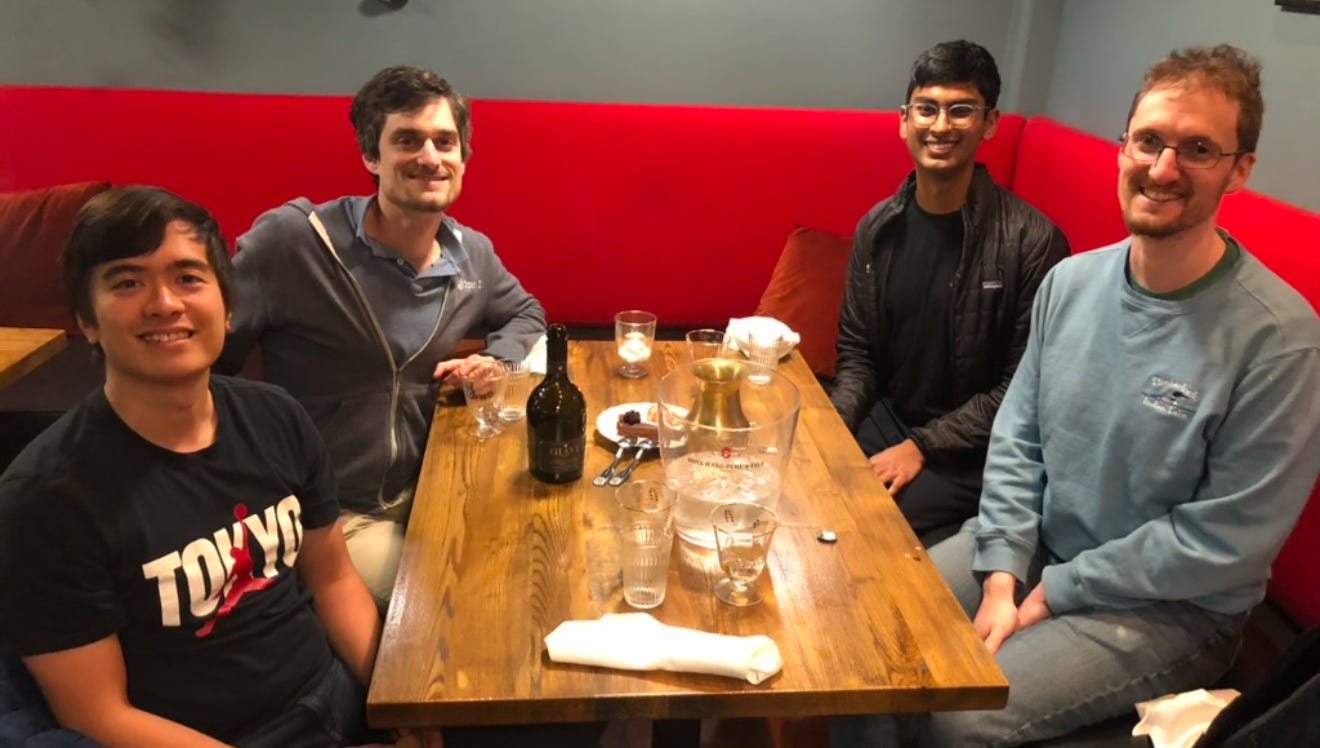

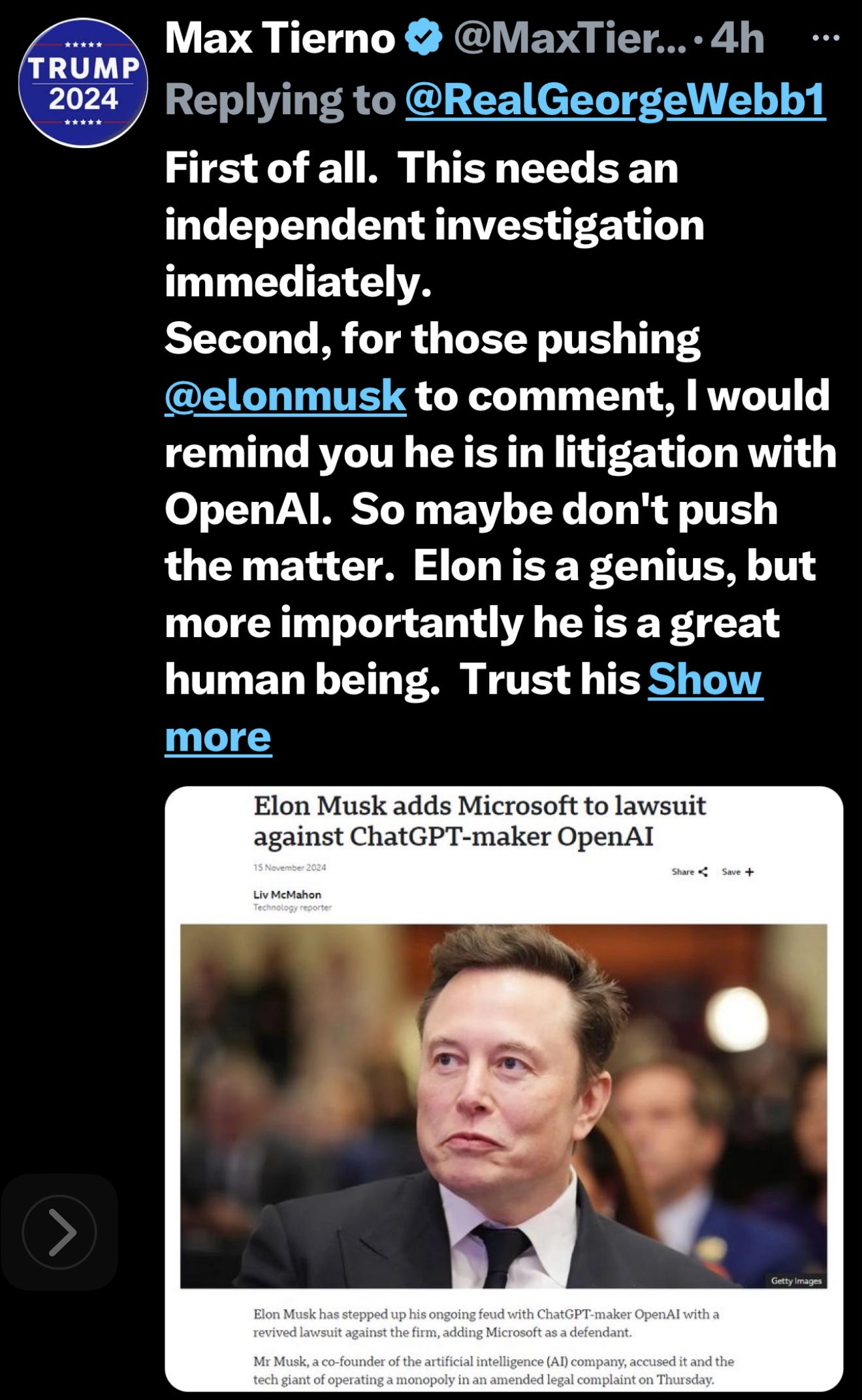
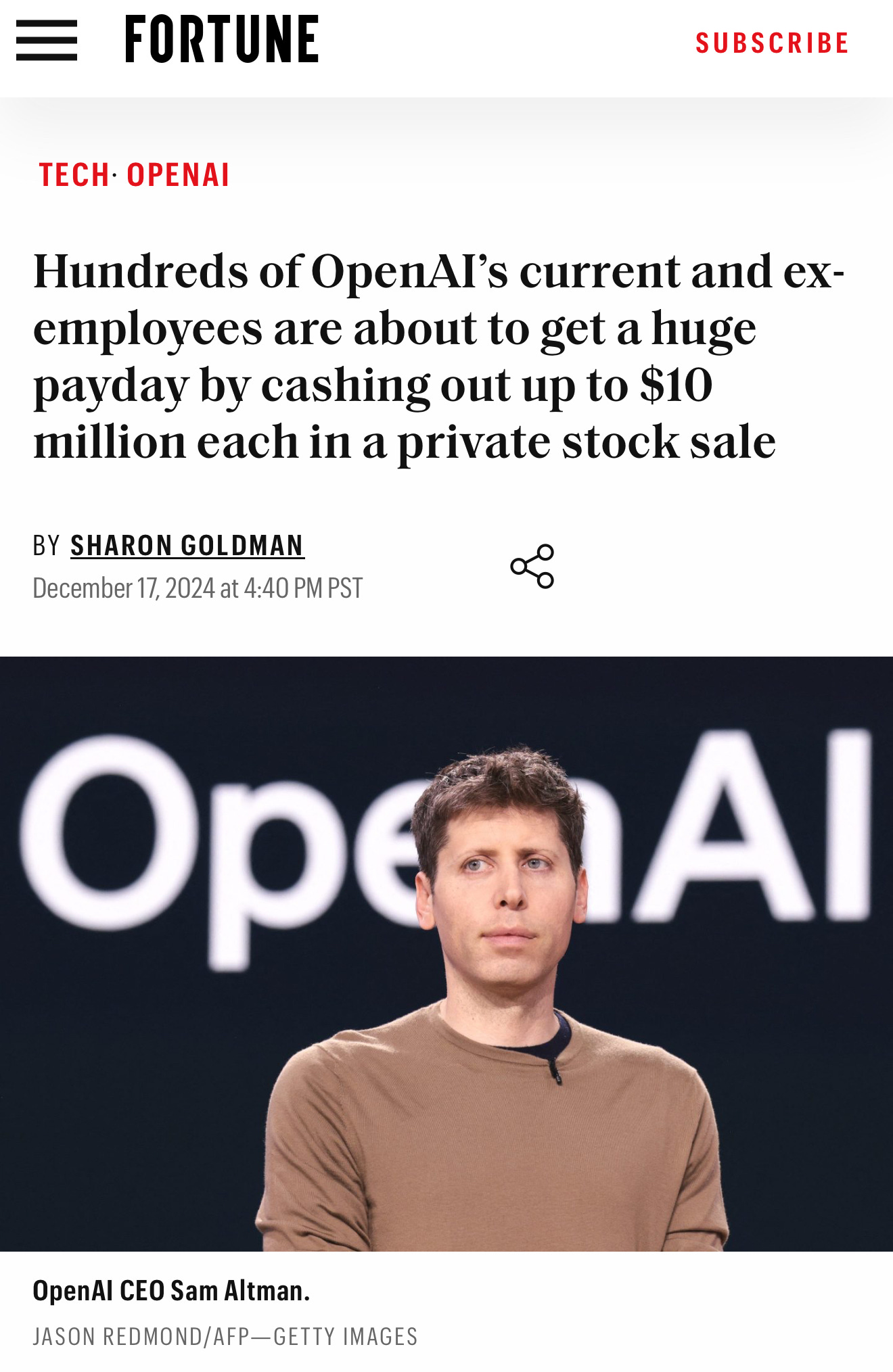




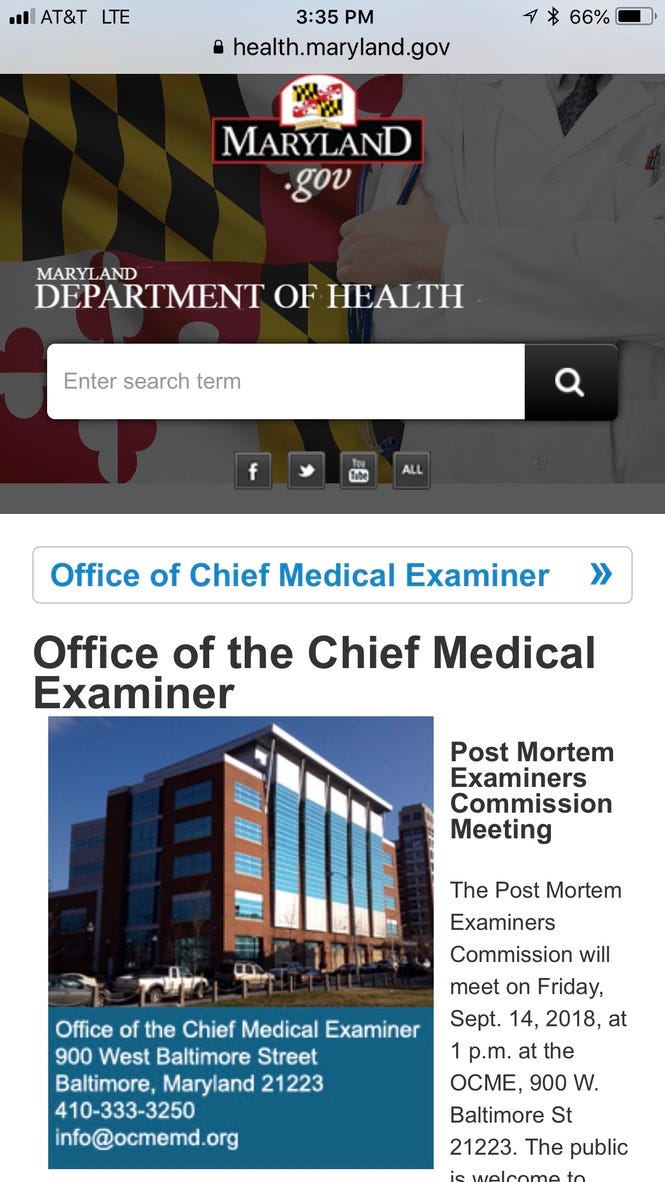

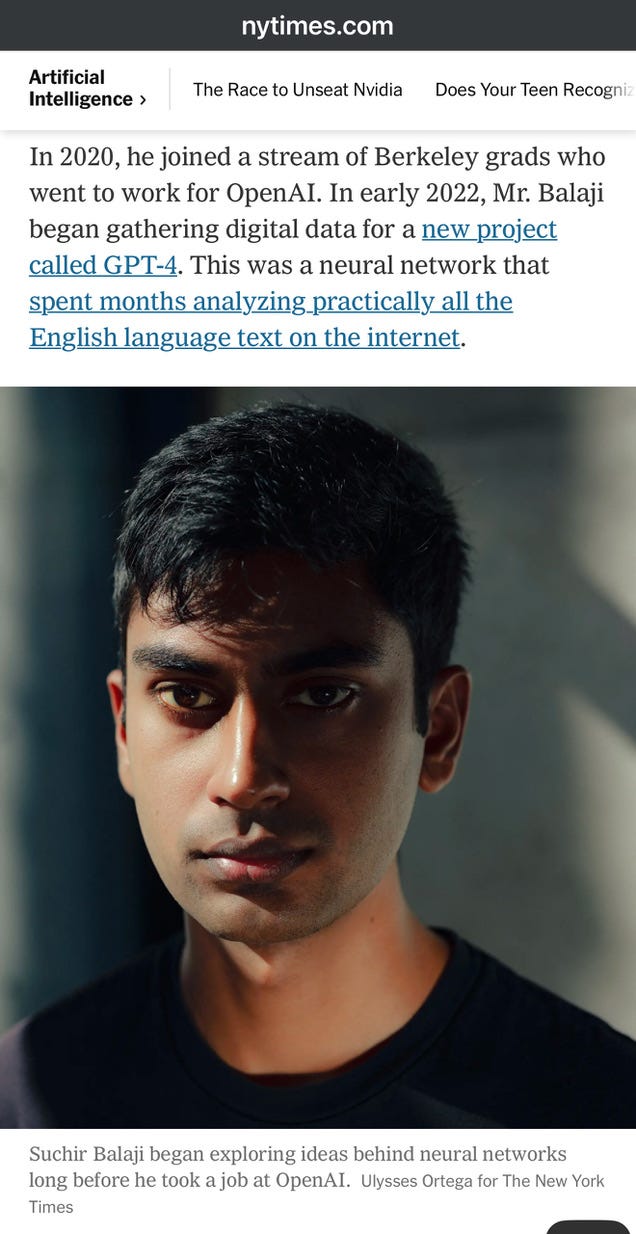

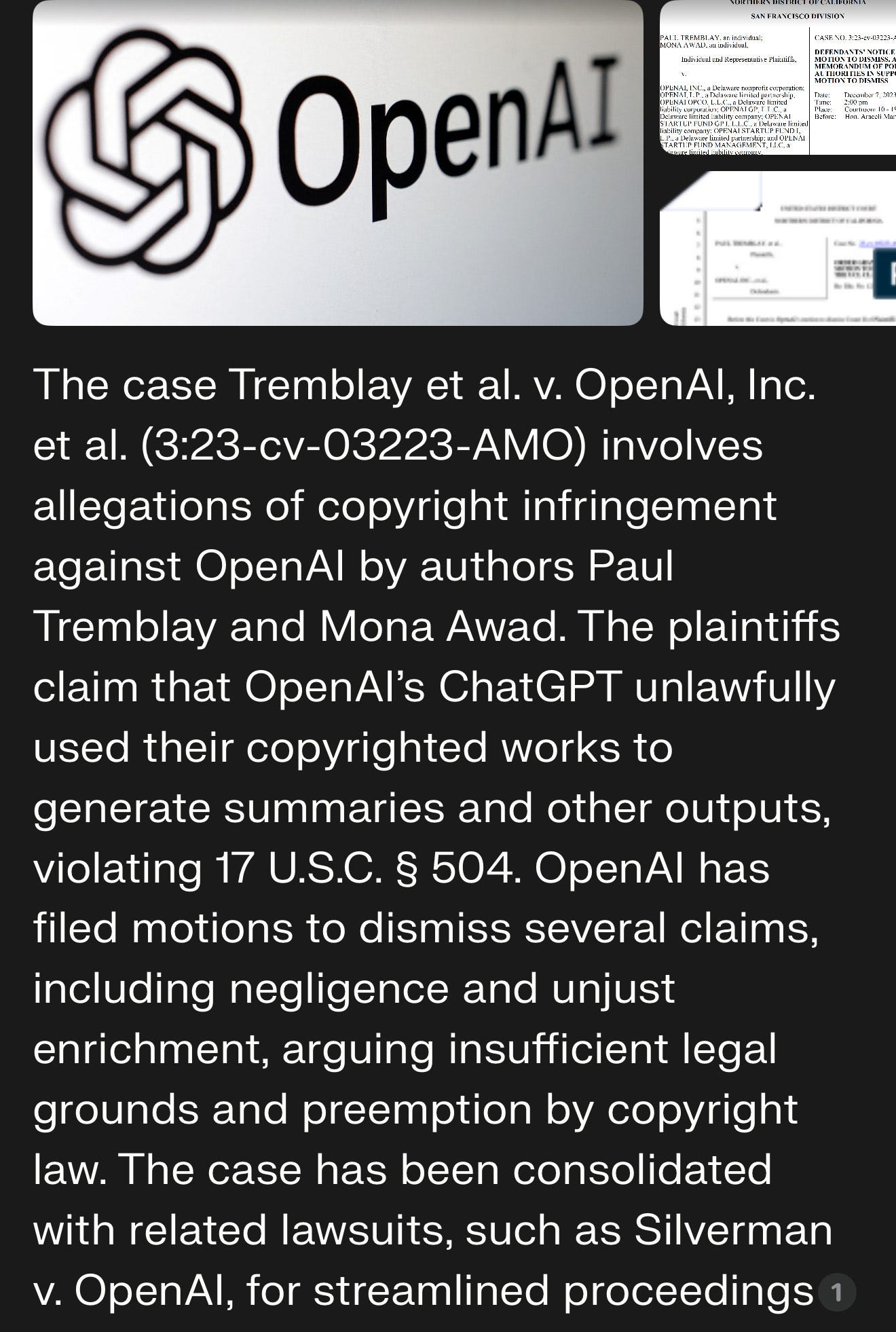


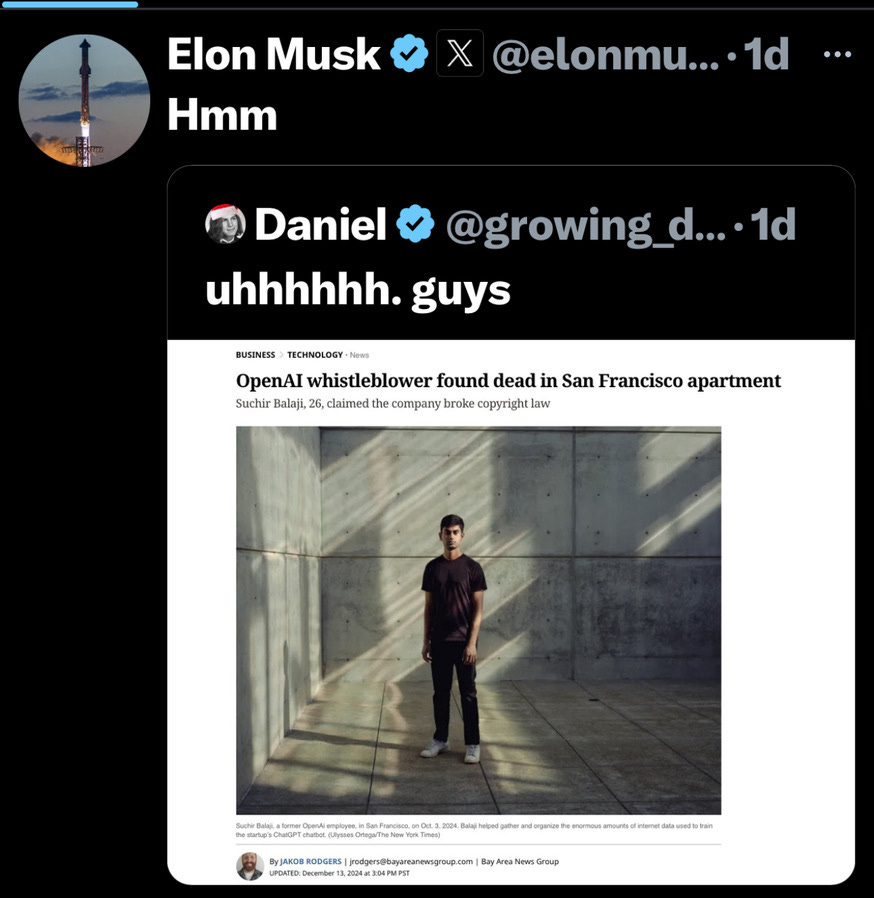

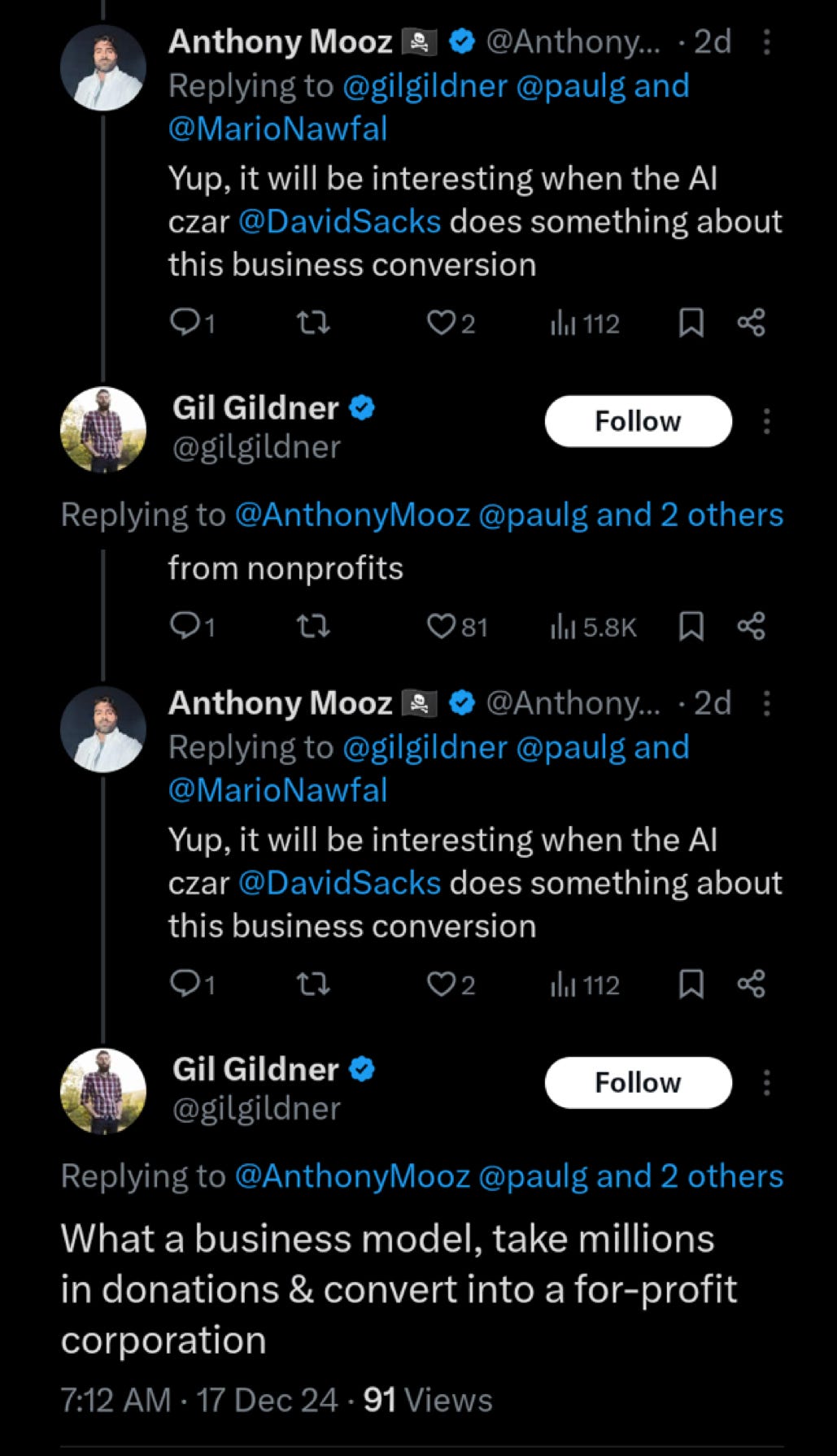

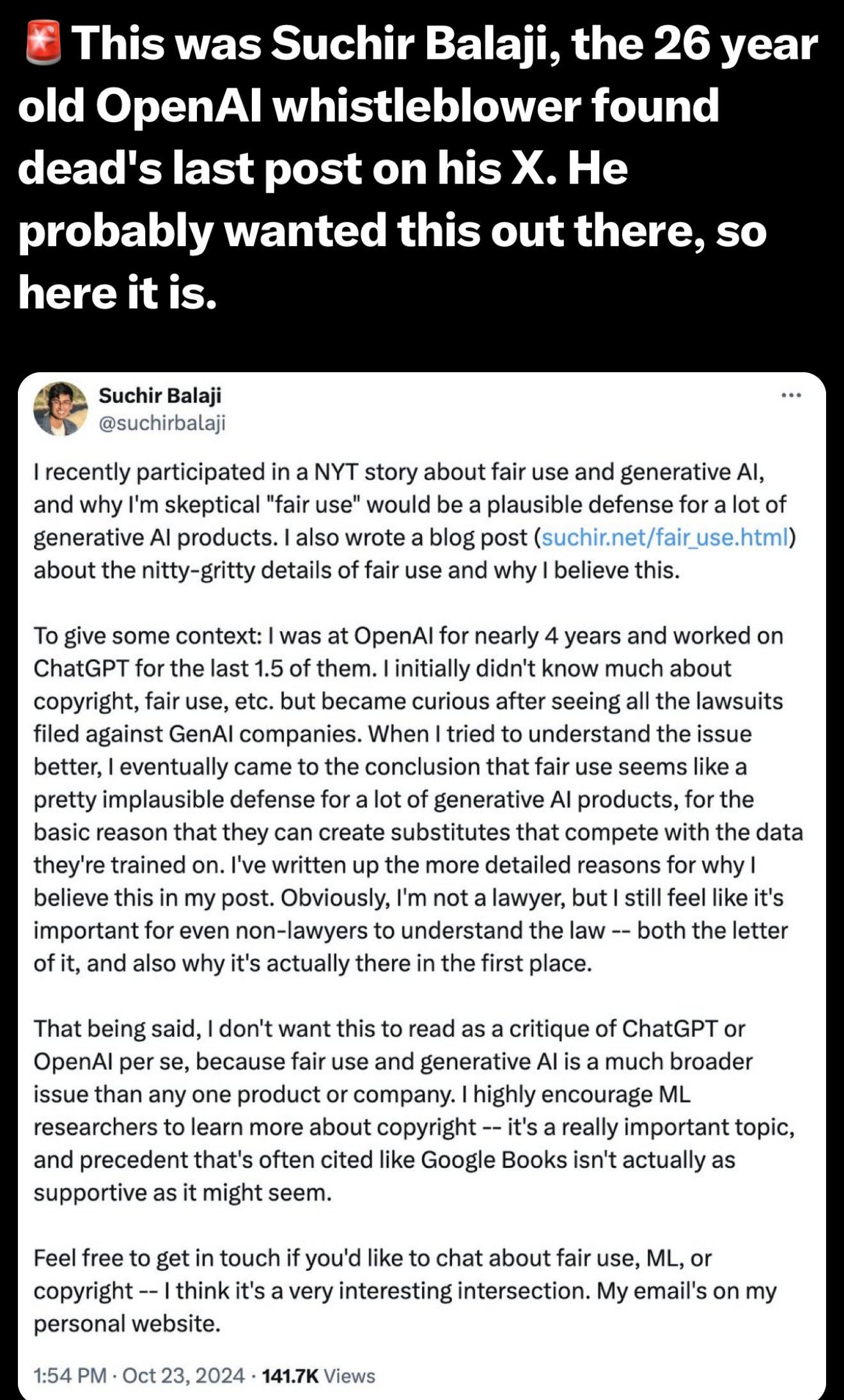

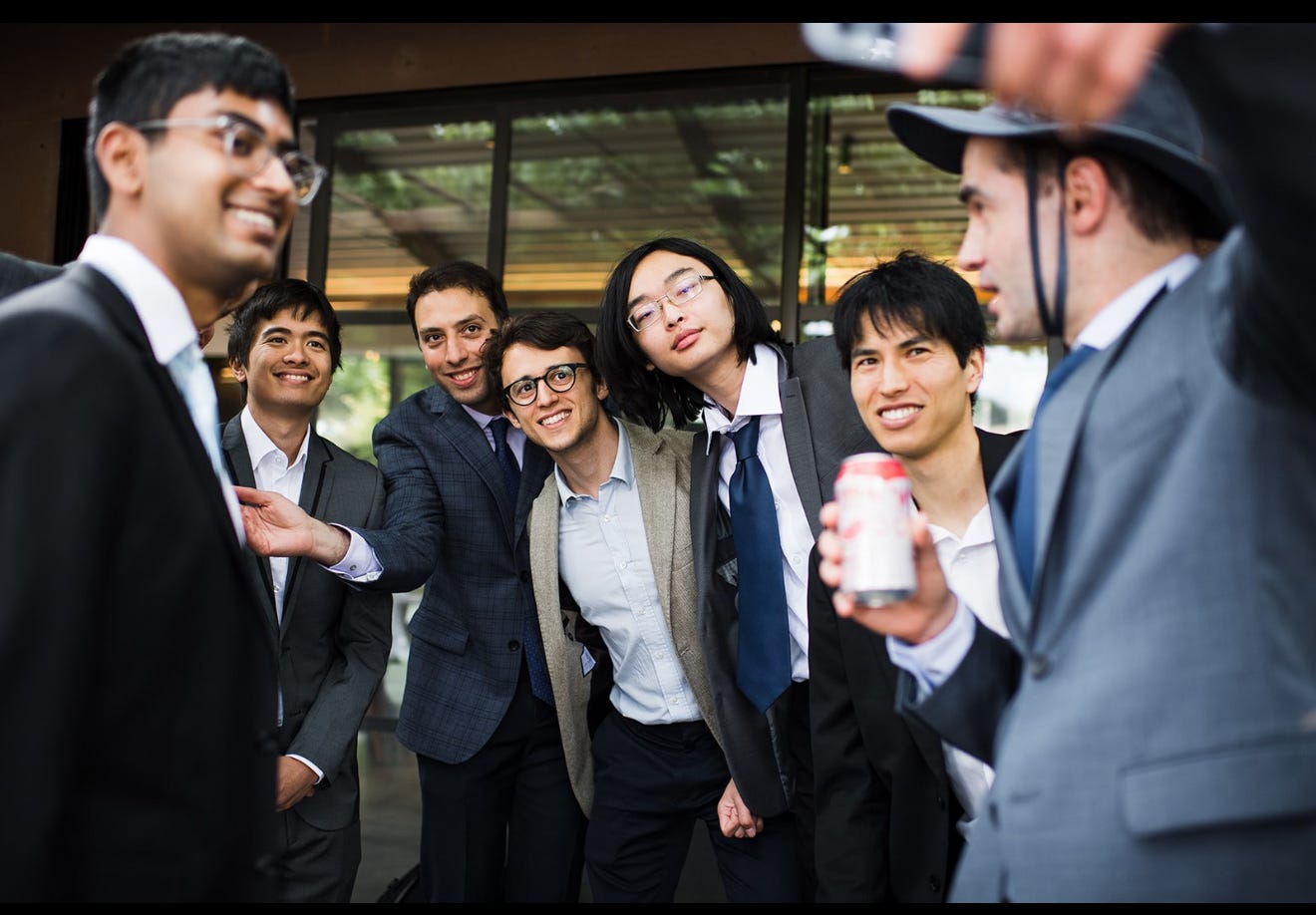


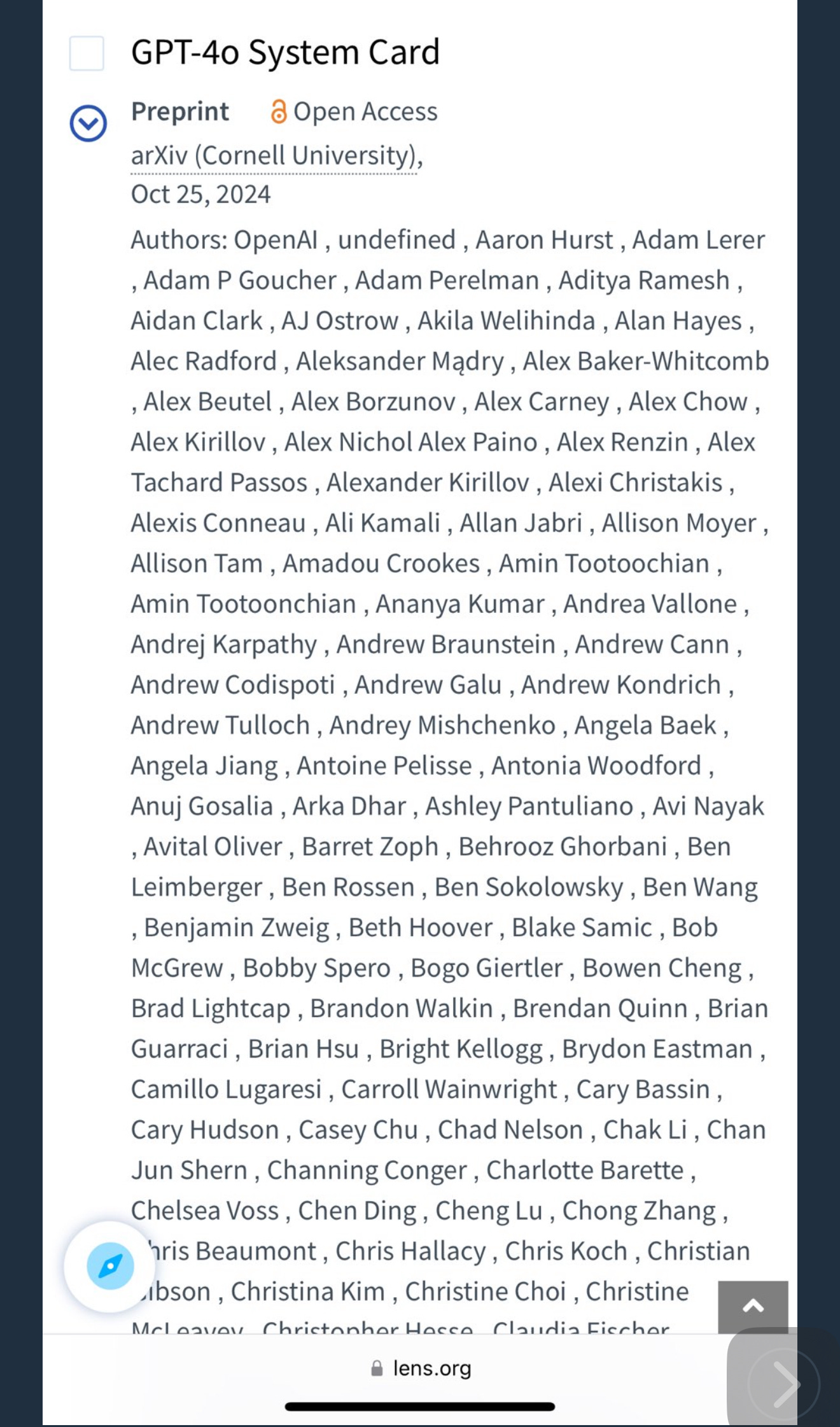




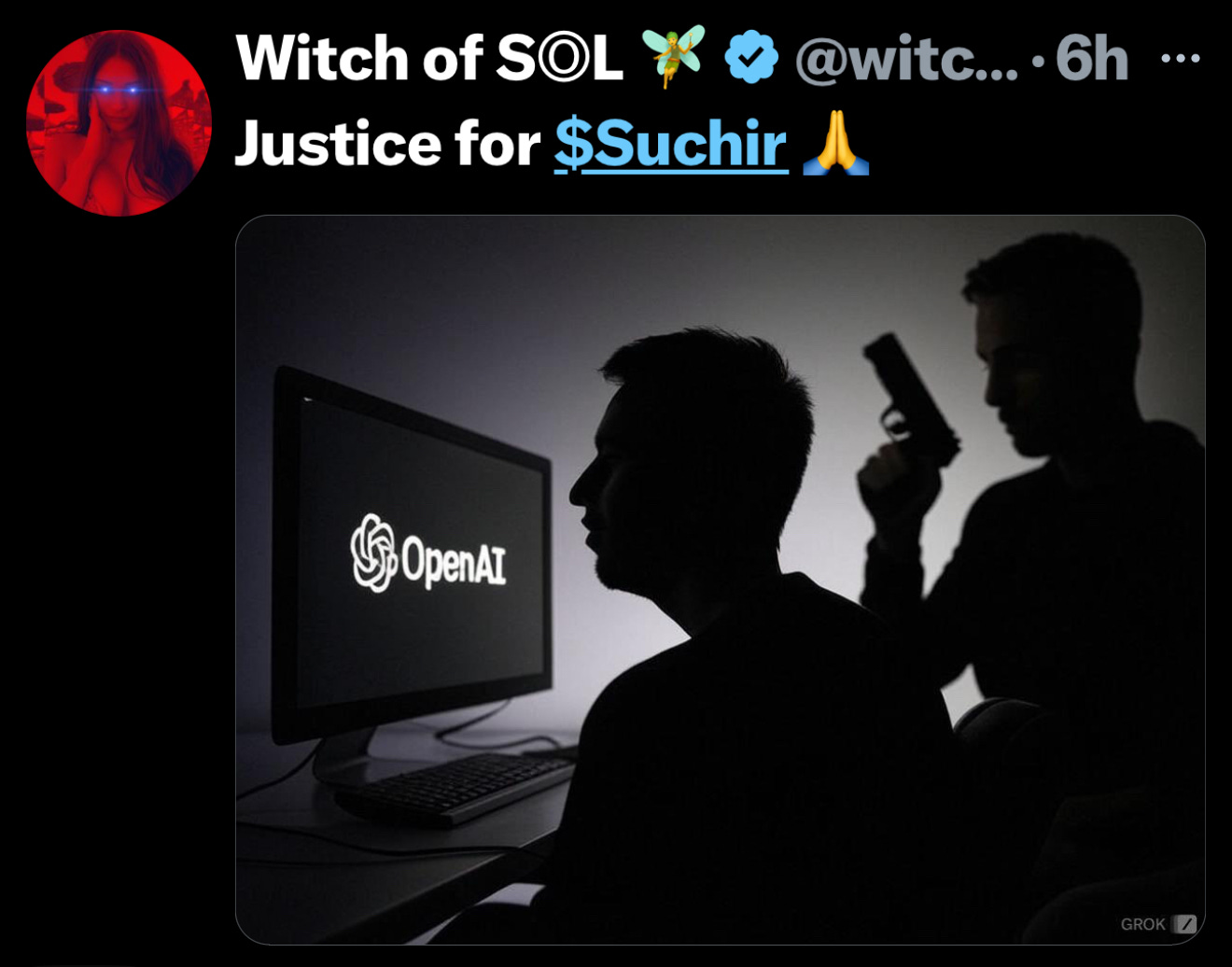

We are really trying. The last week of face-to-face contact with the deceased/murdered is the most important I have found.
I really respect the work you do.